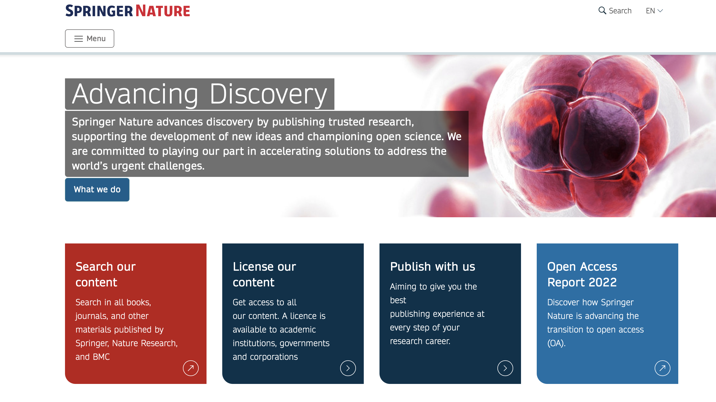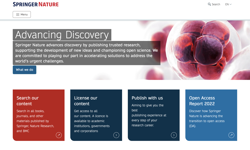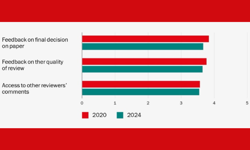
Springer Nature says data released last week shows that a lack of training around data management is the top concern for researchers in the UK and US. When asked where more support was needed, eight out of ten of the top unmet needs related to data. This included training on data management, data repositories, data policies, metadata and the curation of data.
The analysis features in Springer Nature’s latest national research integrity surveys, which this time focus on the UK and US respectively. The surveys form part of an ongoing programme launched by Springer Nature last year, which by taking a regional focus, aim to provide a tailored, evidence-based approach to perceptions of, and access to, training in research integrity. The US and UK surveys follow on from the Australian survey released in 2022.
Comparing the data across all three surveys to date, Springer Nature says additional key findings showed that:
- Over half of respondents from all three regions felt research integrity training should be mandatory for postgrads and early career researchers;
- UK and US institutions lag behind Australia in providing training in research integrity. Just over 50% of participants from the US and UK said they had access to research integrity training, compared to nearly 70% in Australia
- Early and mid-career researchers in the UK and Australia feel they are less likely to receive research integrity training via their institution compared to institutional managers and senior researchers. Over 70% of institutional managers in the UK and Australia said their institutions provided training versus less than 65% of ECRs. In the US, responses were more aligned, with a difference of just 56% to 53% between institutional management and ECRs.
Dr Ed Gerstner, director of research environment alliances at Springer Nature, commented: “There is still a way to go for research integrity training and ensuring it is available to all. However, reassuringly all three surveys show that more researchers than not have access to training, and despite the pressures on their time, they agree it is important, with the overwhelming majority saying that training should be mandatory.
“In addition, the surveys have shown a consistent pattern to that of our State of Open Data surveys which finds that support for researchers in the sharing, curation and management of data is lacking. The collective data builds a concerning global picture, because most major research funders will soon require, or already do require, that researchers openly share the data from the studies they fund, yet clearly the researchers do not have the support they need to do so. We all have a role in addressing this gap”.
The surveys are a key part of Springer Nature’s commitment to support good practices internationally by providing insights into research integrity training and needs, added the publisher. National surveys in India and Japan are ongoing, with results to be released in 2024, adding to the evolving picture of training in research integrity globally.
Keep up-to-date with publishing news: sign up here for InPubWeekly, our free weekly e-newsletter.









